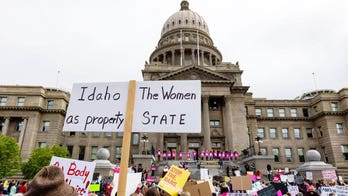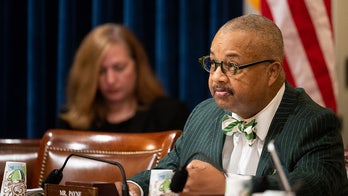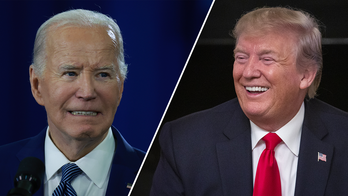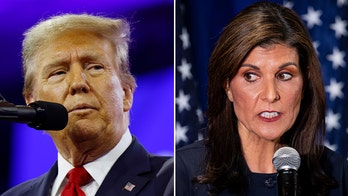Scott Brown's upset victory in the Massachusetts Senate race marked a triumph not only for Republicans in a blue state but also for the U.S. Chamber of Commerce.
After a year of pitched battle with the Obama White House over health care reform, the leading business group is now priming for a the 2010 midterm election cycle in which executives of the pro-business lobby expect to spend close to $200 million on political campaigning -- more than double its spending in the 2008 elections.
Neither party's national committee nor any one labor union tosses around that kind of cash. A new arm, Friends of the Chamber, is explicitly modeled on "Organizing for America," the grassroots group that backed the last Obama campaign.
The well-funded and deeply entrenched pro-business lobby spent heavily on GOP candidates in 2008. But during the transition and winter months, chamber executives met frequently with Obama aides and supported the administration on the bank bailouts, the stimulus package and high-level nominees.
Over the past year, the uneasy relationship between the White House and the chamber has steadily eroded, with the business group's opposition to health care and climate change legislation triggering an all-fronts backlash from the administration.
In the Scott Brown race, the chamber bankrolled a TV ad blitz to get him elected. That campaign served as a trial run, and it illustrates how big-money political campaigns feed off each other.
"We went in with our first half-million," R. Bruce Josten, executive vice president of the chamber said. "You know [how] this game is played – it's an action/reaction game. The next day -- I believe it was, I think it was the SEIU, it was one of the major unions -- went in with a $400,000 buy. The next day another union went in with another buy. By the next day the political parties have gone in with buys, all leading up in that one last week to an election."
This fall, the chamber says it will operate in at least 22 states, targeting vulnerable Democrats like Sens. Michael Bennett in Colorado and Blanche Lincoln in Arkansas. But because incumbents win at least 90 percent of the time, the Chamber is most focused on open seats.
"What we're now seeing is these corporations are able to give money to the Chamber of Commerce and they're able to do it anonymously," Fox News contributor Kirsten Powers said. "If that's the case and you have an organized grassroots push, I would expect that it's going to be very successful."
The chamber says it will first educate, then seek to "activate' the 6 million members of its grassroots arm to do things: contact lawmakers, hand out literature, man phone banks, give money. Chamber executives claim their "activation rate" is equal to that of Organizing for America, even though the latter organization boasts twice as many members.




